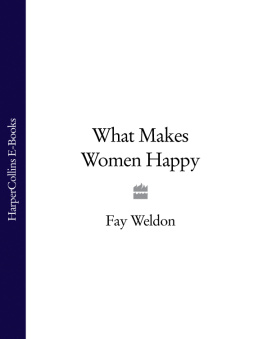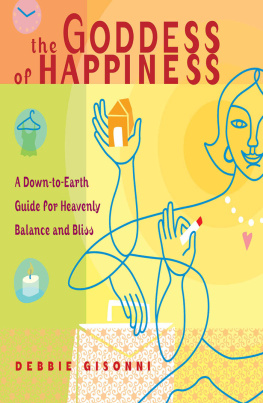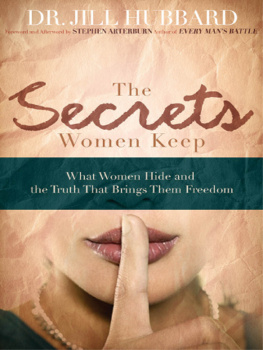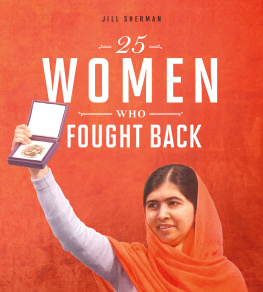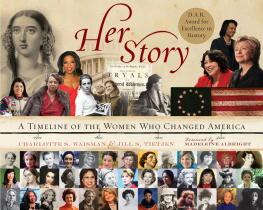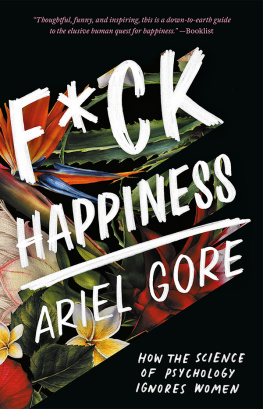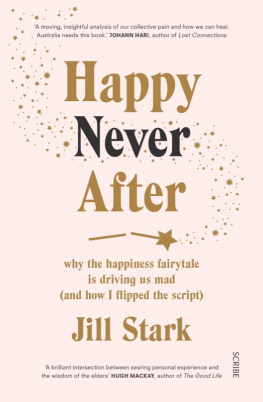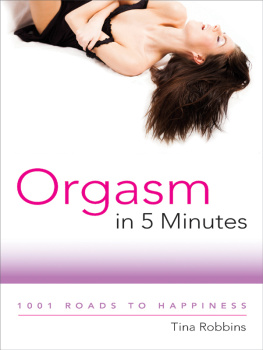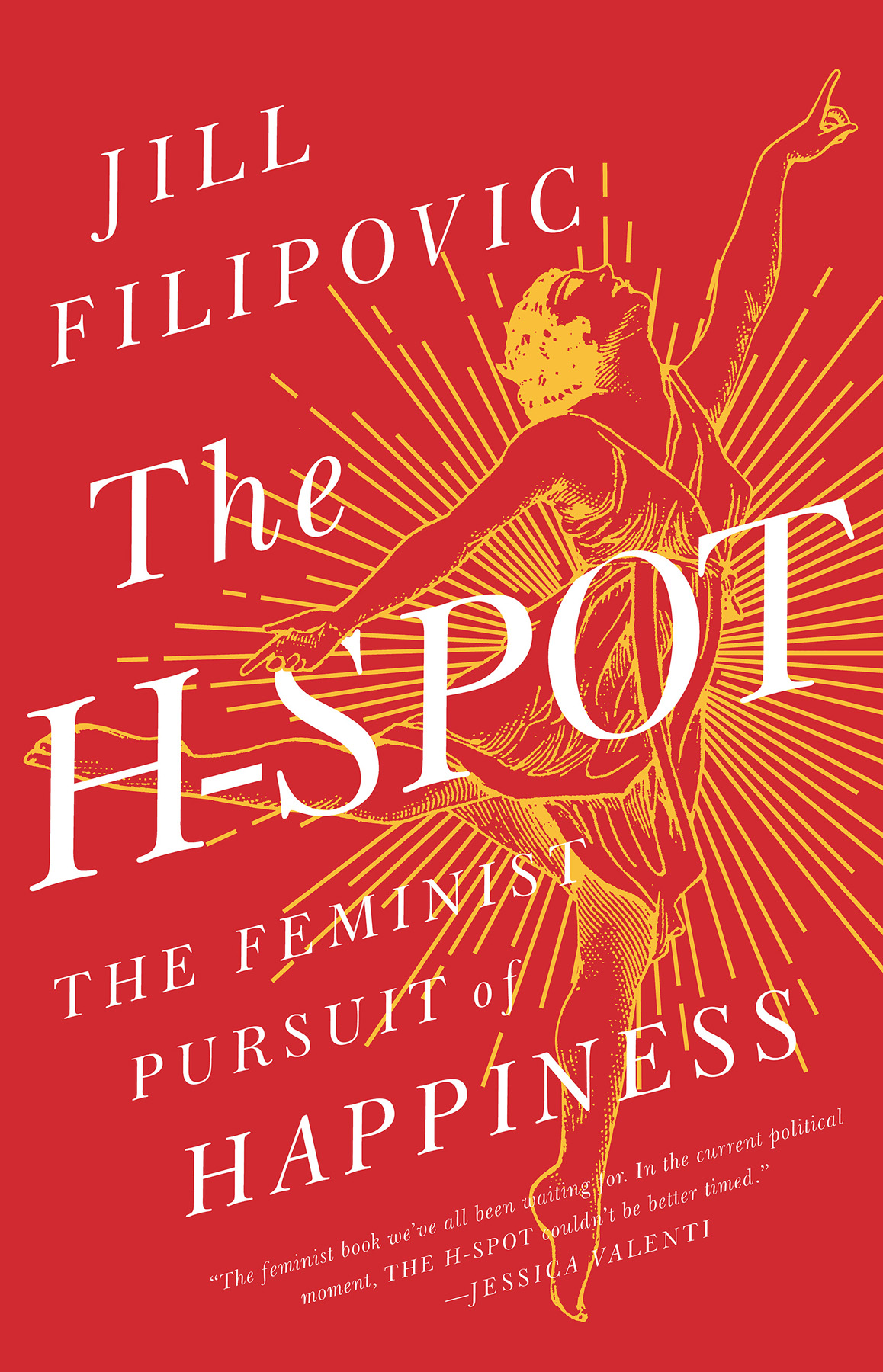Copyright 2017 by Jill Filipovic
Published by Nation Books, an imprint of Perseus Books, LLC, a subsidiary of Hachette Book Group, Inc.
116 East 16th Street, 8th Floor
New York, NY 10003
Nation Books is a co-publishing venture of the Nation Institute and the Perseus Books Group.
All rights reserved. No part of this book may be reproduced in any manner whatsoever without written permission except in the case of brief quotations embodied in critical articles and reviews. For information, address Perseus Books, 1290 Avenue of the Americas, New York, NY 10104.
Books published by Nation Books are available at special discounts for bulk purchases in the United States by corporations, institutions, and other organizations. For more information, please contact the Special Markets Department at the Perseus Books Group, 2300 Chestnut Street, Suite 200, Philadelphia, PA 19103, or call (800) 810-4145, ext. 5000, or e-mail special.markets@perseusbooks.com.
Designed by Jeff Williams
Library of Congress Cataloging-in-Publication Data
Names: Filipovic, Jill.
Title: The H-spot : the feminist pursuit of happiness / Jill Filipovic.
Description: New York : Nation Books, 2017. | Includes bibliographical references.
Identifiers: LCCN 2016050782 | ISBN 9781568585475 (hardback) | ISBN 9781568585482 (ebook)
Subjects: LCSH: WomenPsychology. | Happiness. | BISAC: SOCIAL SCIENCE/Womens Studies. | POLITICAL SCIENCE / Public Policy / Social Policy. | SOCIAL SCIENCE / Feminism & Feminist Theory.
Classification: LCC HQ1206 F4628 2017 | DDC 155.3/33242dc23 LC record available at https://lccn.loc.gov/2016050782
E3-20170407-JV-PC
For Mom.
I hope this makes up for the fourth grade.
Ultimately the greatest service a woman can do to her community is to be happy; the degree of revolt and irresponsibility which she must manifest to acquire happiness is the only sure indication of the way things must change if there is to be any point in continuing to be a woman at all.
Germaine Greer
F OR THREE YEARS of my midtwenties, the happiest I felt was in the backseat of a car, late at night, driving down the FDR on the east side of Manhattan. I would look out the window across the river at the lit-up Pepsi-Cola sign in Queens, then the Domino Sugar factory in Williamsburg, and finally the three bridgesWilliamsburg, Manhattan, Brooklynthe last of which would take me home. I took that drive probably a hundred times. It was usually dark, maybe 11 p.m., maybe 3 a.m.; maybe the sun was already peeking up. I would slump back, gaze out, and silently calculate how long I had to sleep before I had to be back in midtown Manhattan. But in those nighttime hours speeding down the East Side, I would look at the outer borough lights and the imposing bridges and this impossibly bright city and remind myself to grasp at the one thing that made me happy: at least youre here.
Up until that point, I had spent most of my life doing things right. I was a good student in high school, went to college, and then chose a path to an upper-middle-class life that is well worn by risk-averse overachievers: law school. All around me in New York City it seemed people were doing dynamic, fascinating things, but I had no idea how to be one of them, no knowledge of how to balance my desire for an interesting life with the need for stability. And growing up with parents who were the first in their families to elbow their way into the middle class, I understood instinctively that stability mattered most. So, more than $200,000 in debt from law school, I took a job at a Manhattan law firm, clicking like a Clydesdale in cushion-soled heels through the front doors of a big Midtown building every morning, feeling very grown up.
Its one of the least sympathetic and most clichd stories of modern American life: Young corporate lawyer is overworked and trapped (in the romantic comedy version of this story, shes also undersexed and wears her hair in a very severe bun). She makes six figures, but her tasteful apartment and designer clothes dont bring her happiness (in the real-life version of this story, most of that money goes to her law school loans and she lives with a roommate in Brooklyn).
The story doesnt end with me leaning in harder and opening my own firm, or leaning all the way out and moving to Bali to do yoga, or meeting someone handsome who works with his hands and moving to a farmhouse where I find purpose making artisanal jams. It doesnt end at all, and definitely not with a self-help book or some sort of manifesto about how to find personal happiness. The book in your hands is, thankfully, not about another young lawyer who quit her job and found herself.
It is instead about all of the ways in which Americans carry, and our institutions reflect, a profound and abiding antipathy toward womens day-to-day enjoyment and our broader fulfillment. At twenty-seven, physically ill and emotionally depleted, I made the decision to seek happiness elsewhereI left practicing law and began writing full time, and I remain lucky (and extraordinarily happy) to have a job that doesnt feel like one. Still, when people ask me what I write about, I often joke, darkly, that Im on the rape and abortion beat. Thats what I find myself writing about again and again: stigma, trauma, pain, the moments in womens lives that are often some of the hardest, that are routinely made more difficult by American law, culture, and pervasive inequality.
In writing about the same topics from different anglesthe social and often sexual punishment of women who are perceived to have misbehaved, the lashing out at powerful women, the uneasiness with which the general public interacts with women who have power or money or influence or some combination of all three, the political opposition to women having sex for funit became clear, quickly, that a lot of the problems feminists continue to take on are rooted in a deep hostility toward and suspicion of unfettered female pleasure, happiness, and independence.
As I rounded the corner into my thirties as a member of one of the most privileged groups of people in human historycollege-educated white professionals living in a major First World metropolisI was looking out from a bubble where feminism and progressivism were fairly standard but where, still, so many of the women I knew were butting up against barriers we assumed had been largely dismantled. We were trying to figure out which parts of the old model of femininity to keep and which ones were worth discardingand what social costs we would bear for both.
I watched the men I know reckon with exactly none of this.
As a journalist, I talked to a lot of women outside this bubble of New York City privilege, around the United States and outside of it. What I heard is that, although the details are all different and the struggles often more pronounced, their overarching questions were similar to mine: What does it mean to be a woman when there are more ways to be female than ever before but when the choices in front of us feel at once overwhelmingly wide and impossibly restrictive? How do I reconcile what I want with the options I haveand how do I even know what I want or what my options are when so many paths seem to lead to closed doors? Ive done the things I was supposed to do; why do I feel so cheated?
The challenges, too, may differ in the specifics, but there are through lines: too much work and not enough time; pressure to be a perfect wife or mother or daughter or girlfriend; anxiety at having bad sex or not enough sex or the wrong kind of sex; not enough money and not enough resources. Across the board, women are on a gerbil wheel, running to catch upto their own expectations, to outside ideals, to menand never quite making it.


